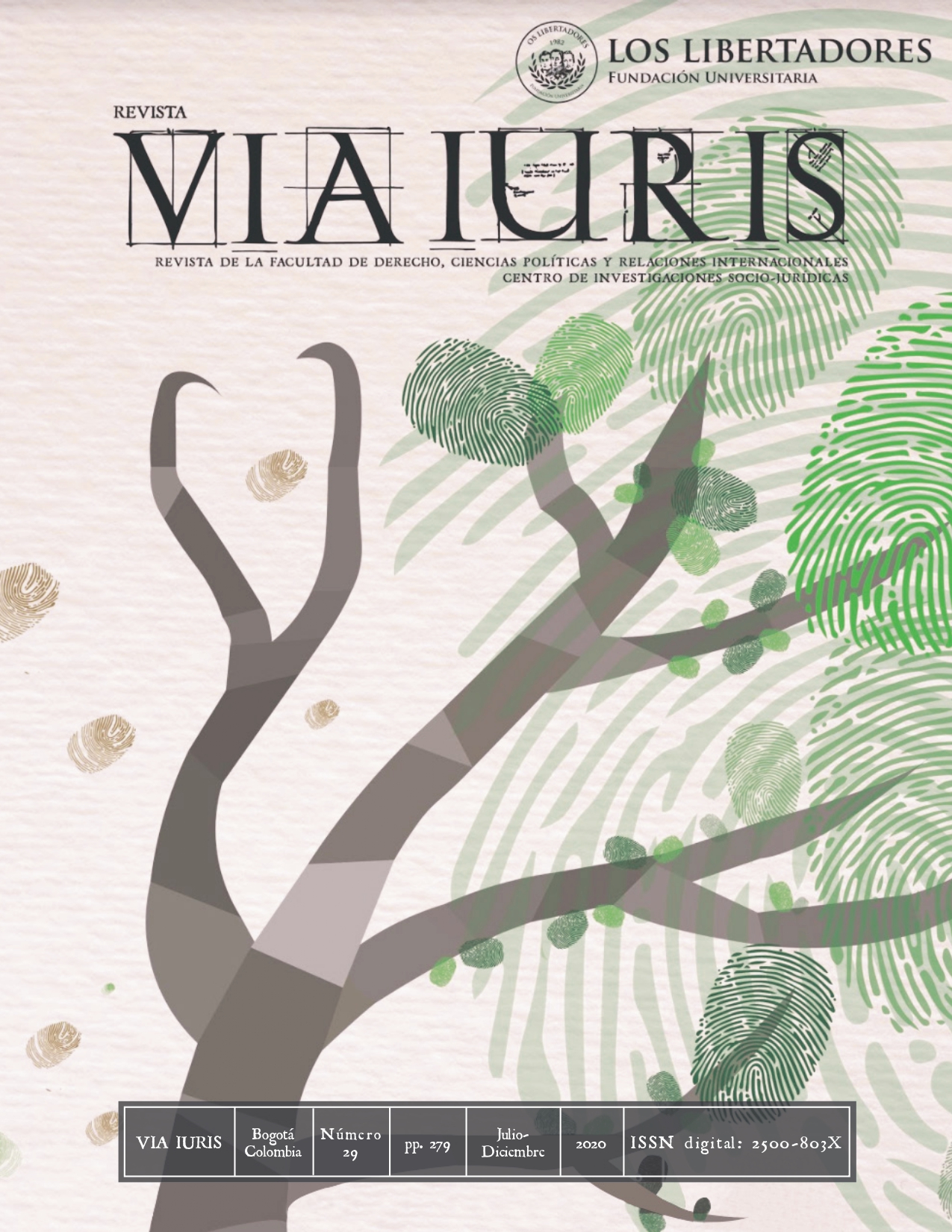The history of others: ideology of European procedural law and its transplant to Latin America
DOI:
https://doi.org/10.37511/viaiuris.n29a1Keywords:
History of the judicial process; Germanic law; Roman law; Latin American law; oath; processo commune europeo; classical doctrine of procedural law.Abstract
European procedural law has built its own history from Roman law and the impact of the popular rights of the Germanic peoples that slowly invaded the European geographic space. The classic Italian treatise writer Giuseppe Chiovenda (1872-1937) offers a good synthesis of the history of this European processo commune. Latin American authors and treatises have adopted this historical narrative and offer it, without further ado, as the official version of the history of our procedural institutions. The problem is that, in this way, local history ends up being the history of others. The Germanic element is presented as popular and folkloric and ends up subordinated to the elegant presence of a technically superior Roman legal spirit. This strategy has also obscured the folk element in conflict management in Latin America, just as official European history has dismissed the Germanic folk as a source of irrationality in the judicial and evidentiary process. The article reviews recent historiography to show that popular-Germanic processing of disputes was not necessarily
“irrational” or brutal. In conclusion, we argue for the need to begin to make, truly, a history of process in Latin America that is not content to import the ideology of European constructs still current in the dominant procedural law literature. The history of others has blocked our own. Only a close historiography can help us to find the local processo commune or, in other words, the interaction between diffuse social dynamics and the specialized, differentiated and bureaucratized regimentation of state law.
Downloads
Downloads
Published
Issue
Section
License

This work is licensed under a Licencia Creative Commons Atribución-NoComercial-


